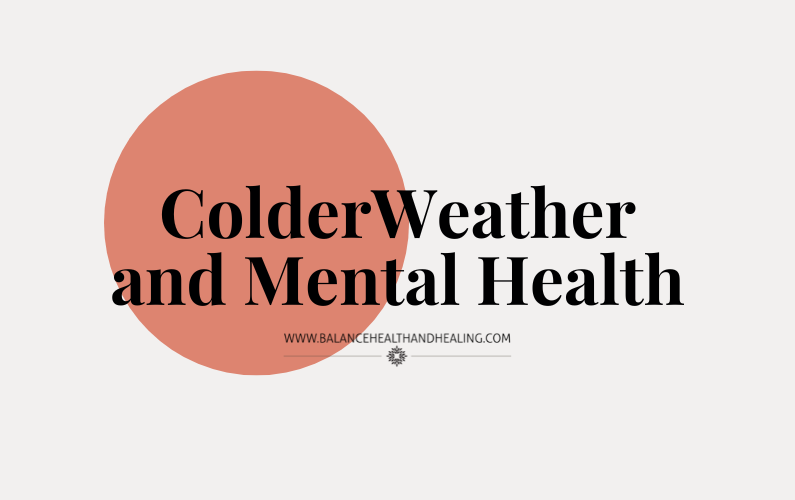
Colder Weather and Mental Health
As the weather changes and winter begins, many of us find ourselves adjusting and staying indoors in effort to avoid the cold temperatures. Although there is comfort in that, there is also value in getting outside and honoring your mental health throughout the winter season. When the daylight becomes shorter and the temperatures drop, you may find yourself needing to challenge your current habits to create a healthier mental make-up throughout the season. 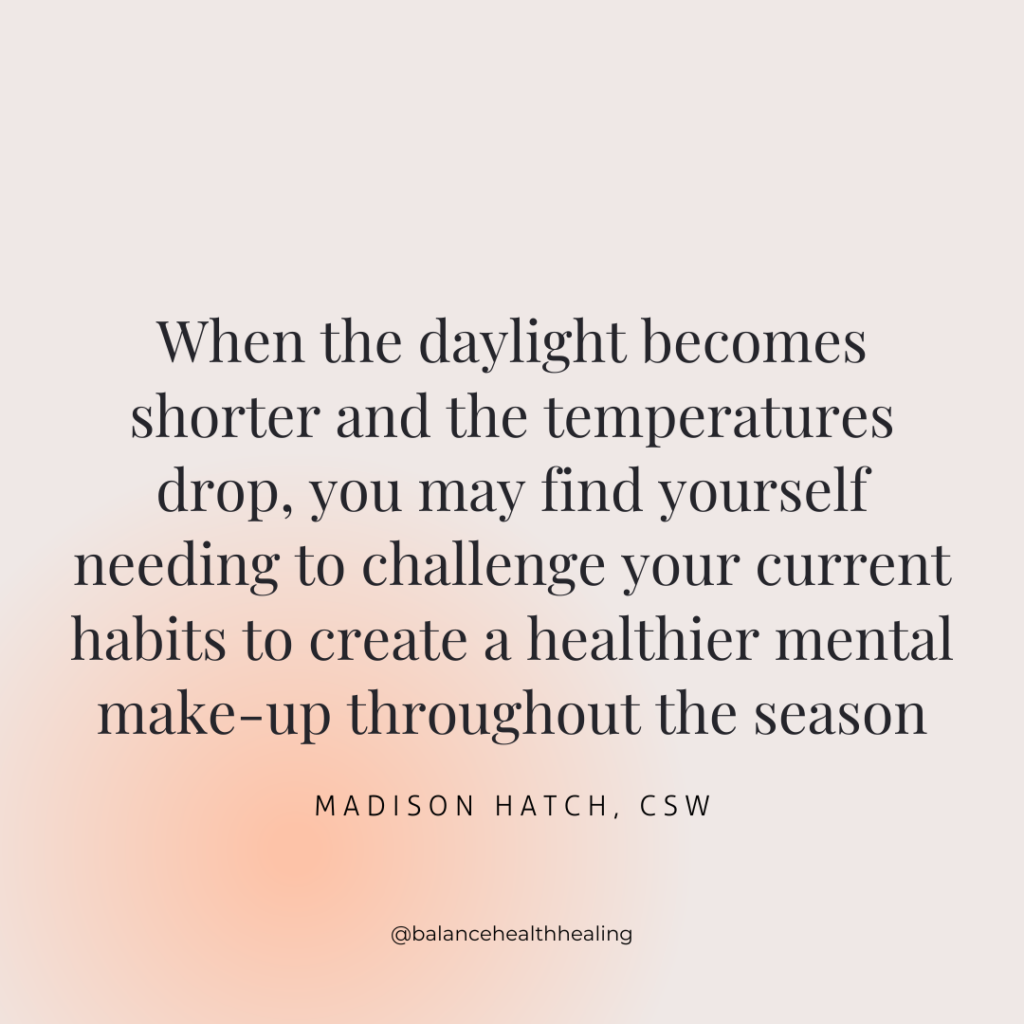
Find ways to celebrate winter and express gratitude for the season while it is here. Being in the sun increases the release of a hormone called serotonin in your brain that can aid in mood regulation and the regulation of your circadian rhythm. Making changes to your daily routine can assist you in avoiding a decrease in serotonin levels and a change in mental soundness.
Here are 5 things that you can do to explore honoring your mental health throughout the season:
- Bundle up and get outside. Whether you go on a hike, engage in winter activities such as sledding and skiing, or take a walk around your neighborhood.
- Open your blinds and sit by the window. Enjoy the sun within the comfort and warmth of your home.
- Keep your social relationships active and stay connected. Plan a get together with coworkers, friends, or family, and engage with your ability to connect throughout the season.
- Enjoy a warm beverage to celebrate the colder weather. Try the new holiday flavors and get a taste of the winter season.
- Get on a sleep schedule that is compatible with your needs. Not getting enough rest hinders your ability to perform daily tasks and keep up with your mental and physical well-being.
If you find yourself experiencing symptoms that are heavy and overwhelming as the weather changes, seek out a therapist that can support you in working towards a healthier mental make-up.


 eating disorder and the comfort that vulnerability avoidance brings. However, it is your eating disorder that wants you to avoid things that you previously loved to engage in for fear of growth and recovery outside of your current disordered behaviors.
eating disorder and the comfort that vulnerability avoidance brings. However, it is your eating disorder that wants you to avoid things that you previously loved to engage in for fear of growth and recovery outside of your current disordered behaviors.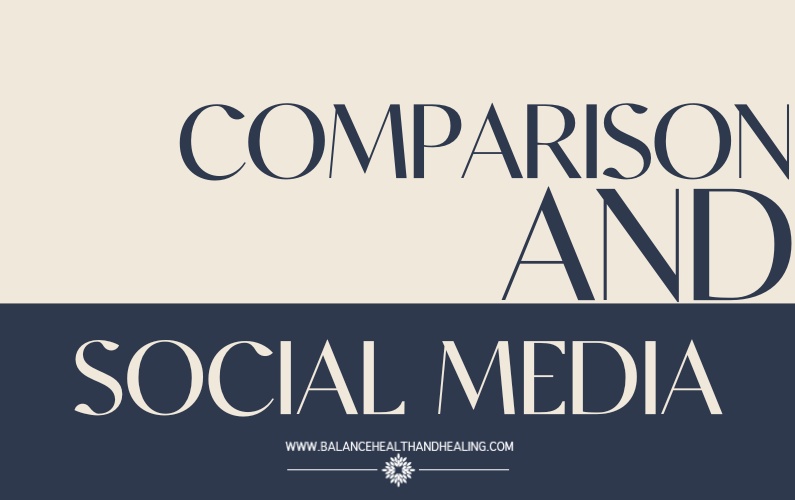
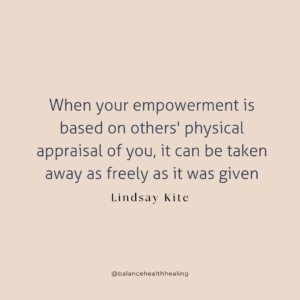
 decipher your worth, it may be time for a social media break.
decipher your worth, it may be time for a social media break. 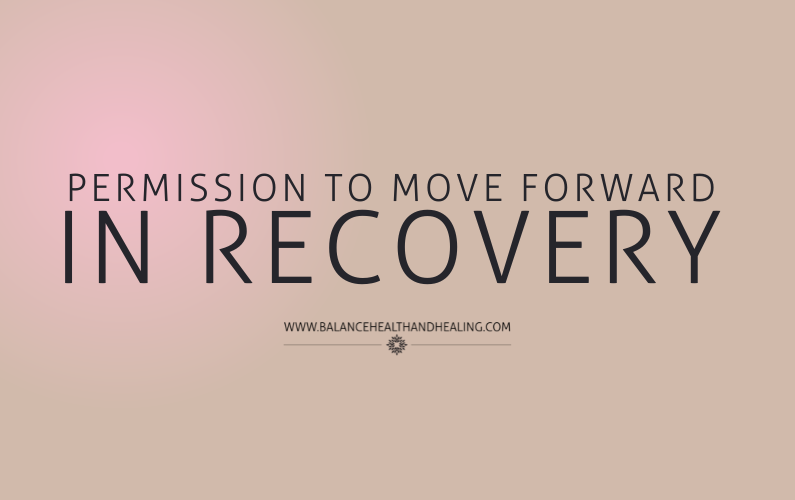

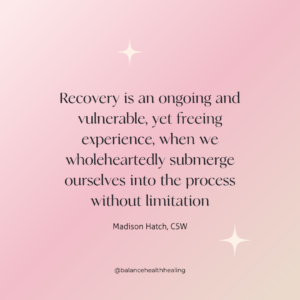
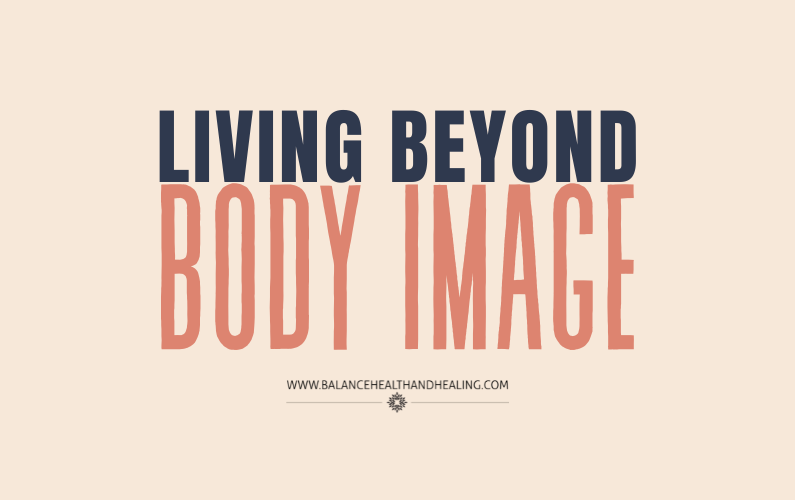
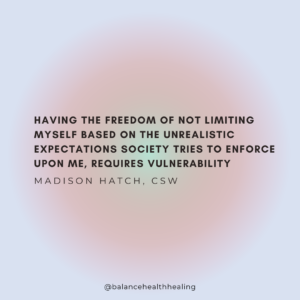 became aware of my body and the unrealistic expectations that society was trying to force upon me. Instead of solely feeling excited, I had other feelings cropping up. Although the excitement didn’t disappear, it was accompanied by feelings of vulnerability and nervousness. Instead of living candidly like my inner child wished I could, I felt limited and distracted by the way that I was taking up space and the way that I looked in a swimsuit. One of my favorite quotes by Lindsay Kite reads, “Having positive body image isn’t believing your body looks good; it is believing your body is good, regardless of how it looks.” (Lindsay Kite, 2020).
became aware of my body and the unrealistic expectations that society was trying to force upon me. Instead of solely feeling excited, I had other feelings cropping up. Although the excitement didn’t disappear, it was accompanied by feelings of vulnerability and nervousness. Instead of living candidly like my inner child wished I could, I felt limited and distracted by the way that I was taking up space and the way that I looked in a swimsuit. One of my favorite quotes by Lindsay Kite reads, “Having positive body image isn’t believing your body looks good; it is believing your body is good, regardless of how it looks.” (Lindsay Kite, 2020). 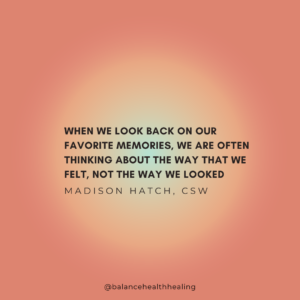 of these core memories, I think of the word free. And
of these core memories, I think of the word free. And